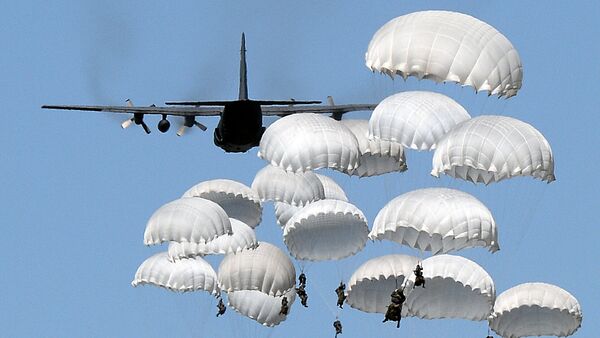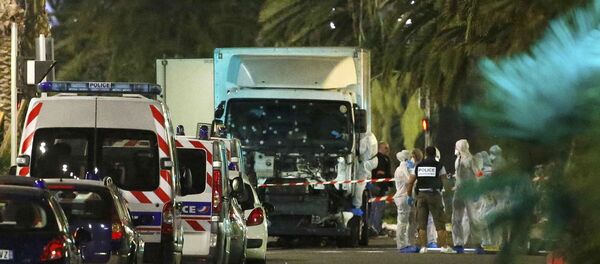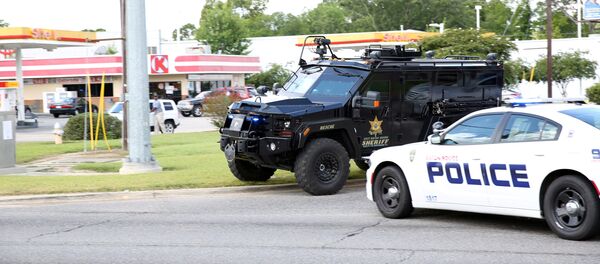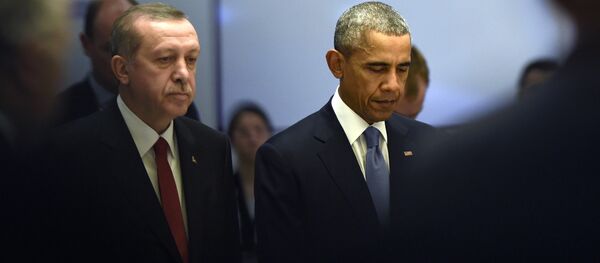"Unfortunately, ironically, when a few days ago NATO spoke publicly of the so-called Russian threat and contemplated moving its troops closer to our borders, the terrorists showed at this moment that the NATO member-countries should fight international terrorism rather than Russia," said Dzhabarov.
"This summit should have focused on efforts to combat terrorism rather than a mythical Russian threat," the senator said commenting on Thursday’s Bastile Day tragedy," he continued.
Instead of NATO focusing its strength towards tackling Daesh terrorism, the defense alliance has been preoccupied in its summer of provocation engaging in ever escalating war games culminating in the Anaconda exercises that featured over 30,000 troops led by the Germans along the Russian-Polish border on the 75th anniversary of the Nazi invasion during World War II.
Even Western politicians are starting to question the wisdom of NATO’s myopic Russia-centric defense strategy, among them US Republican nominee Donald Trump who argues that if "Russia wants to go get ISIS, let them go get ISIS" and who has suggested that Washington and Moscow put their heads together to combat Daesh terrorism rather than working at loggerheads in Syria.
Dzhabarov agrees with Trump’s proposal that the world’s leading military powers join forces to combat terror suggesting that Washington, Brussels, and Moscow "need to establish contacts between intelligence services and set up a terrorism data exchange to fight [Daesh] mercilessly."
The Nice terror attacks were just the latest in a long-line of recent international horrors that US Secretary of State John Kerry has just started referring to as the "daily fare." The attack took the lives of 84 people while several hundred others were injured when a Tunisian-born Daesh terrorist drove a 19-tonne truck through a crowd celebrating Bastille Day, commemorating the French Revolution, and open fired on others.





